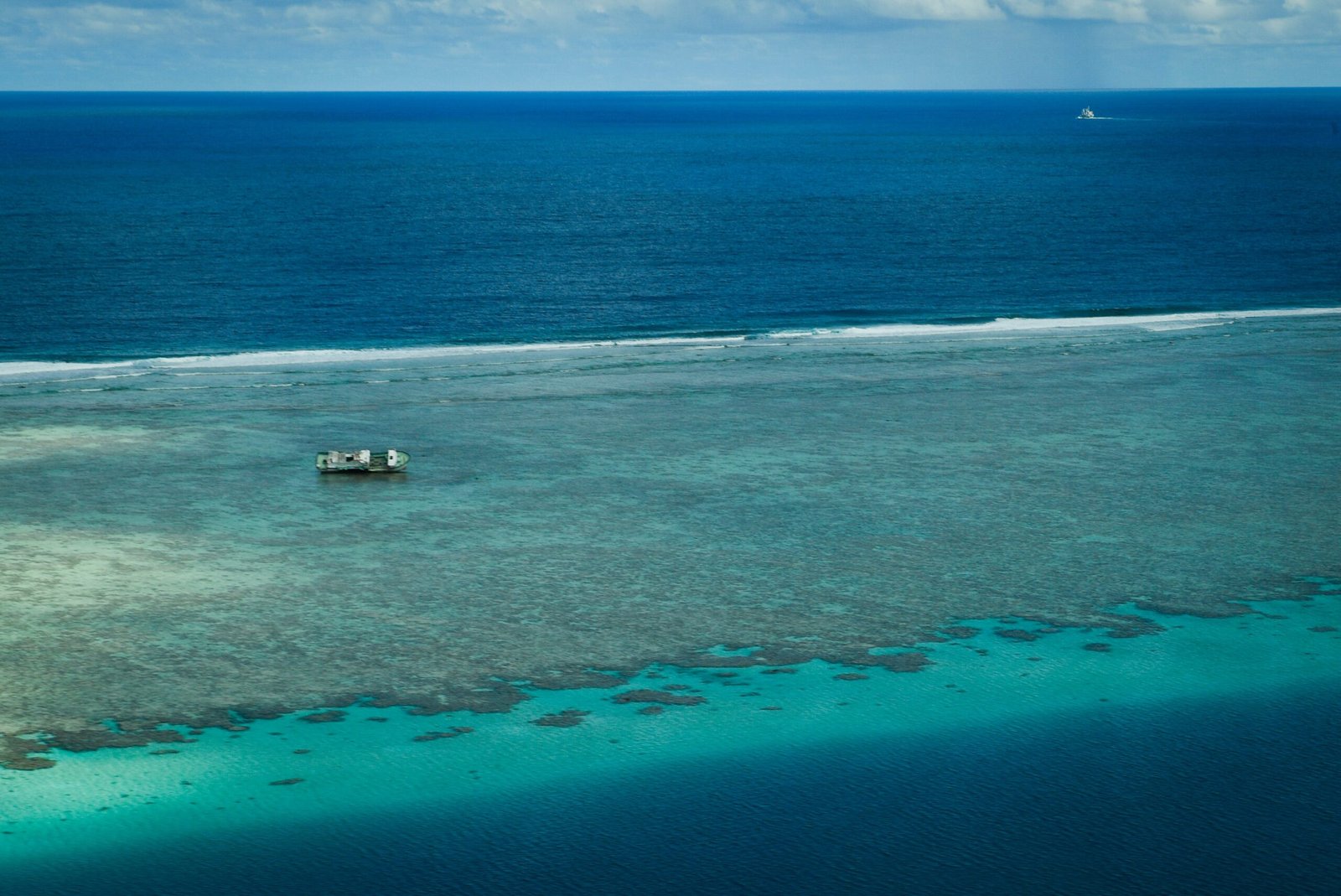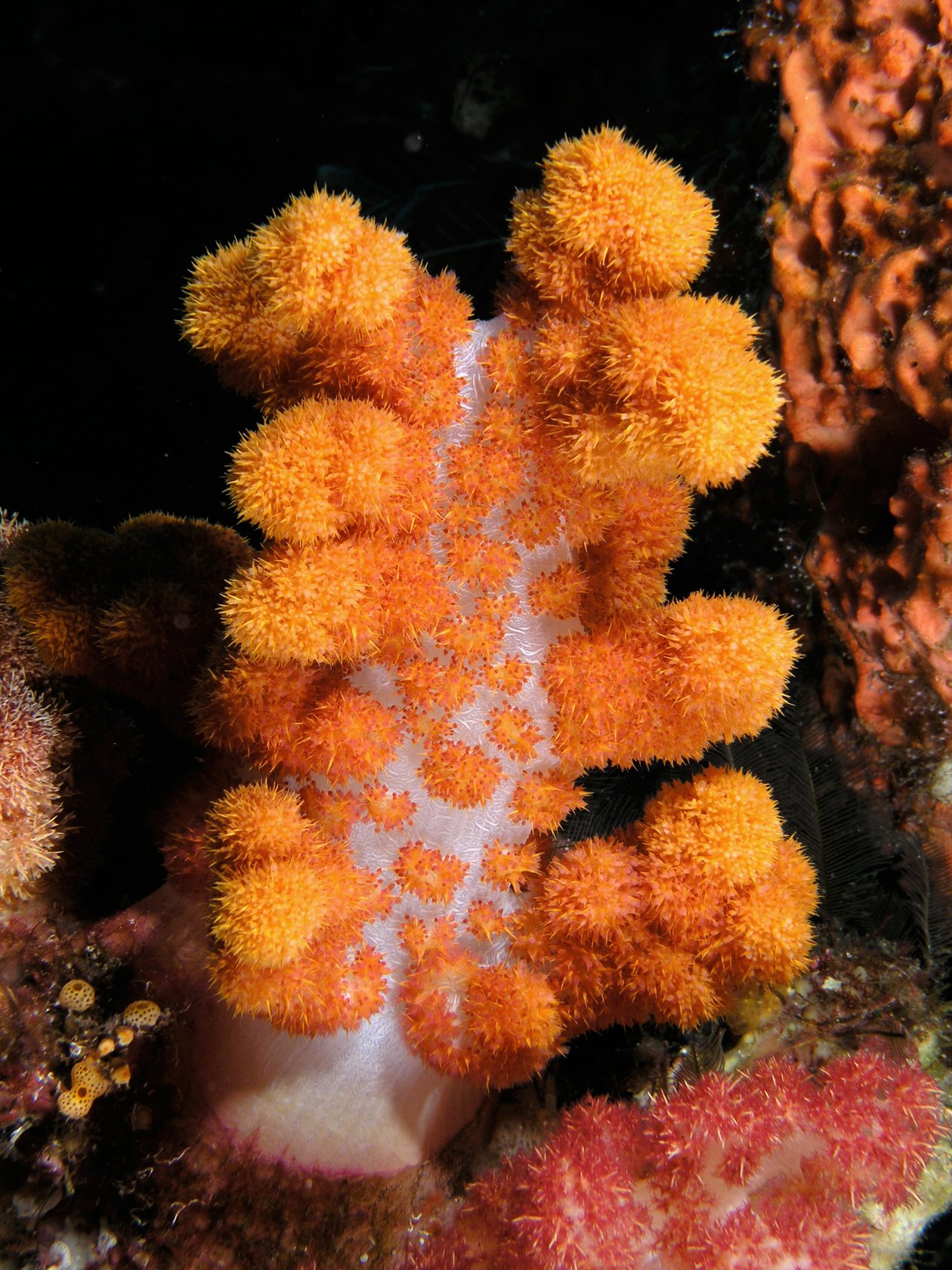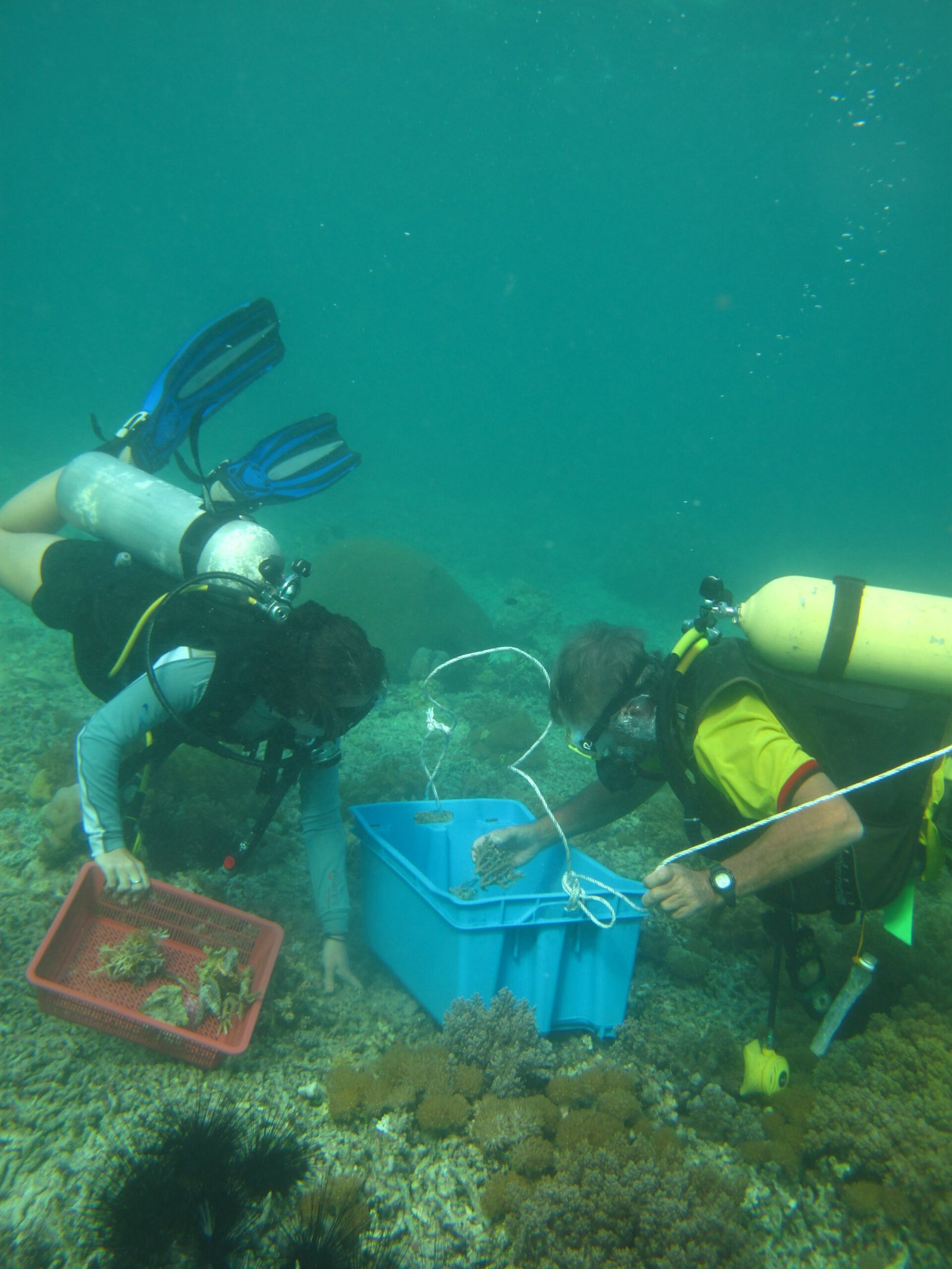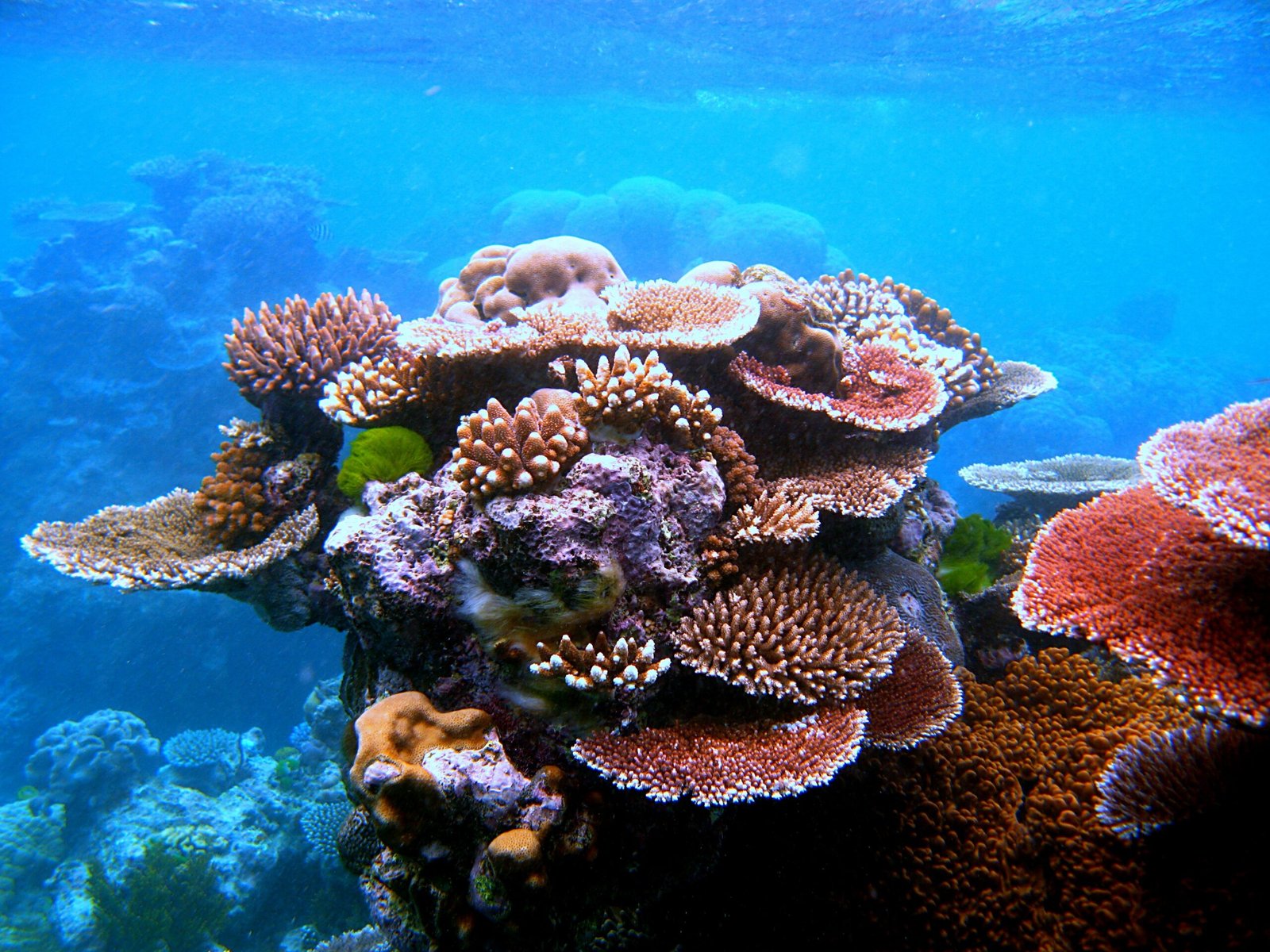Imagine diving into a world where vibrant colors dance beneath the waves, where fish weave through intricate coral structures like threads through a tapestry. Yet, this mesmerizing underwater paradise is under siege. Coral reefs, often dubbed the “rainforests of the sea,” are facing unprecedented threats. From rising sea temperatures to pollution, the stress on these vital ecosystems is immense. But what if the solution lies in the very microorganisms we often overlook? Welcome to the Coral Probiotics Project, an innovative approach that seeks to rejuvenate stressed reefs through the introduction of beneficial bacteria.
The Crisis Beneath the Waves

Coral reefs are in a state of emergency. Climate change has led to rising sea temperatures, causing widespread coral bleaching. When water temperatures soar, corals expel the symbiotic algae living within their tissues, leading to a loss of color and, more critically, a loss of their primary food source. Without these algae, corals struggle to survive. Pollution from coastal development and agricultural runoff further exacerbates the situation, introducing harmful substances that stress these delicate organisms. The result? A once-thriving ecosystem teetering on the brink of collapse.
Understanding Coral’s Microbiome

Just like humans, corals have their own microbiome—a community of microorganisms that live in and on them. These microorganisms play crucial roles in coral health, assisting in nutrient acquisition, disease resistance, and stress tolerance. However, environmental stressors can disrupt this delicate balance, leading to weakened corals. Scientists have begun to explore how manipulating the coral microbiome might offer a lifeline to these beleaguered ecosystems. By introducing beneficial bacteria, researchers aim to bolster coral resilience against the myriad challenges they face.
The Science of Probiotics
Probiotics are live microorganisms that confer health benefits to their host. While commonly associated with gut health in humans, the concept of probiotics extends to other organisms, including corals. The Coral Probiotics Project seeks to harness the power of these beneficial bacteria to enhance coral health. By carefully selecting and introducing specific probiotic strains, scientists hope to improve coral resilience to stressors such as heat and pollution. This approach is akin to giving corals a “health boost,” enabling them to better withstand environmental pressures.
Field Trials and Early Successes
Field trials are a critical component of the Coral Probiotics Project. Researchers have conducted experiments in various locations, introducing probiotic bacteria to stressed reefs and monitoring their effects. Early results are promising. In some cases, corals treated with probiotics have shown increased survival rates and improved resistance to bleaching. These initial successes offer a glimmer of hope for the future of coral reefs. However, the journey is far from over, and ongoing research is essential to refine and optimize this groundbreaking approach.
The Role of Citizen Scientists

Citizen scientists play a vital role in the Coral Probiotics Project. By engaging local communities and diving enthusiasts, researchers can gather valuable data and expand the reach of their efforts. Citizen scientists assist in monitoring coral health, collecting samples, and documenting changes in the reef ecosystem. This collaborative approach not only accelerates research but also fosters a deeper connection between people and the ocean. It empowers individuals to become active participants in the preservation of our planet’s precious marine environments.
Challenges and Considerations
The Coral Probiotics Project is not without its challenges. Introducing foreign bacteria to an ecosystem requires careful consideration to avoid unintended consequences. Researchers must ensure that the introduced probiotics do not disrupt existing microbial communities or introduce new problems. Additionally, scaling up the project to cover larger reef areas presents logistical and financial hurdles. Despite these challenges, the potential benefits of probiotic interventions make it a compelling avenue for exploration.
The Future of Coral Conservation
The Coral Probiotics Project represents a new frontier in coral conservation. It underscores the importance of innovative approaches in addressing complex environmental issues. While traditional conservation efforts focus on reducing stressors, probiotics offer an additional tool to enhance coral resilience. As research progresses, the hope is that this approach will become a standard practice in reef restoration efforts. By combining science, technology, and community engagement, we can work towards a future where coral reefs thrive once more.
Global Implications and Potential

The success of the Coral Probiotics Project could have far-reaching implications for marine conservation worldwide. If proven effective, this strategy could be adapted to other marine ecosystems facing similar challenges. The concept of using probiotics to enhance resilience is not limited to corals; it holds potential for seagrasses, mangroves, and even marine animals. By fostering healthier ecosystems, we contribute to the overall health of our planet, ensuring that future generations can continue to marvel at the wonders of the ocean.
A Call to Action
The plight of coral reefs is a stark reminder of the urgent need for action in the face of environmental change. The Coral Probiotics Project offers a beacon of hope, demonstrating the power of science and innovation in addressing global challenges. As individuals, we can support these efforts by raising awareness, advocating for sustainable practices, and participating in citizen science initiatives. Together, we can make a difference and contribute to the preservation of our planet’s most vibrant and vital ecosystems. The question remains: will we rise to the challenge and help secure the future of our oceans?




